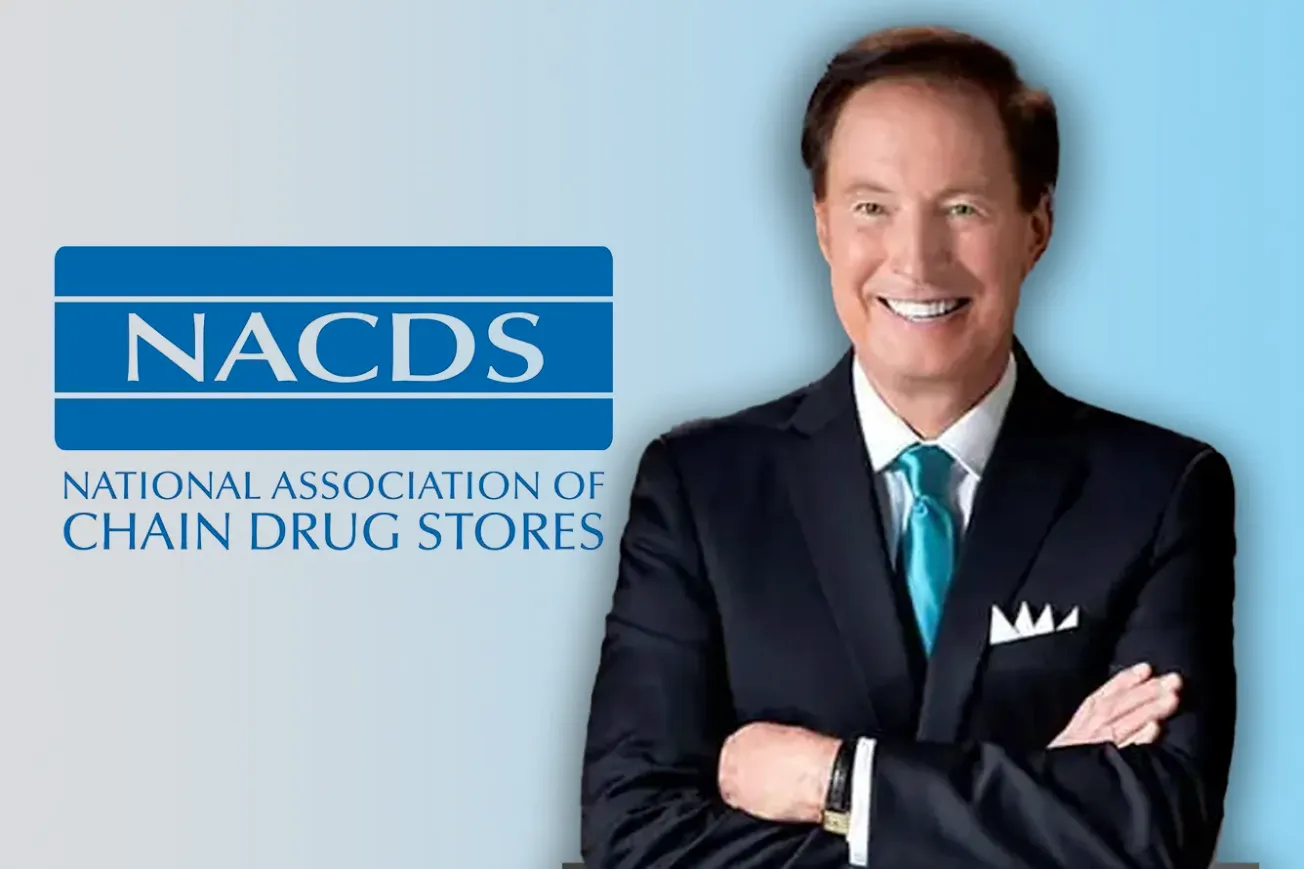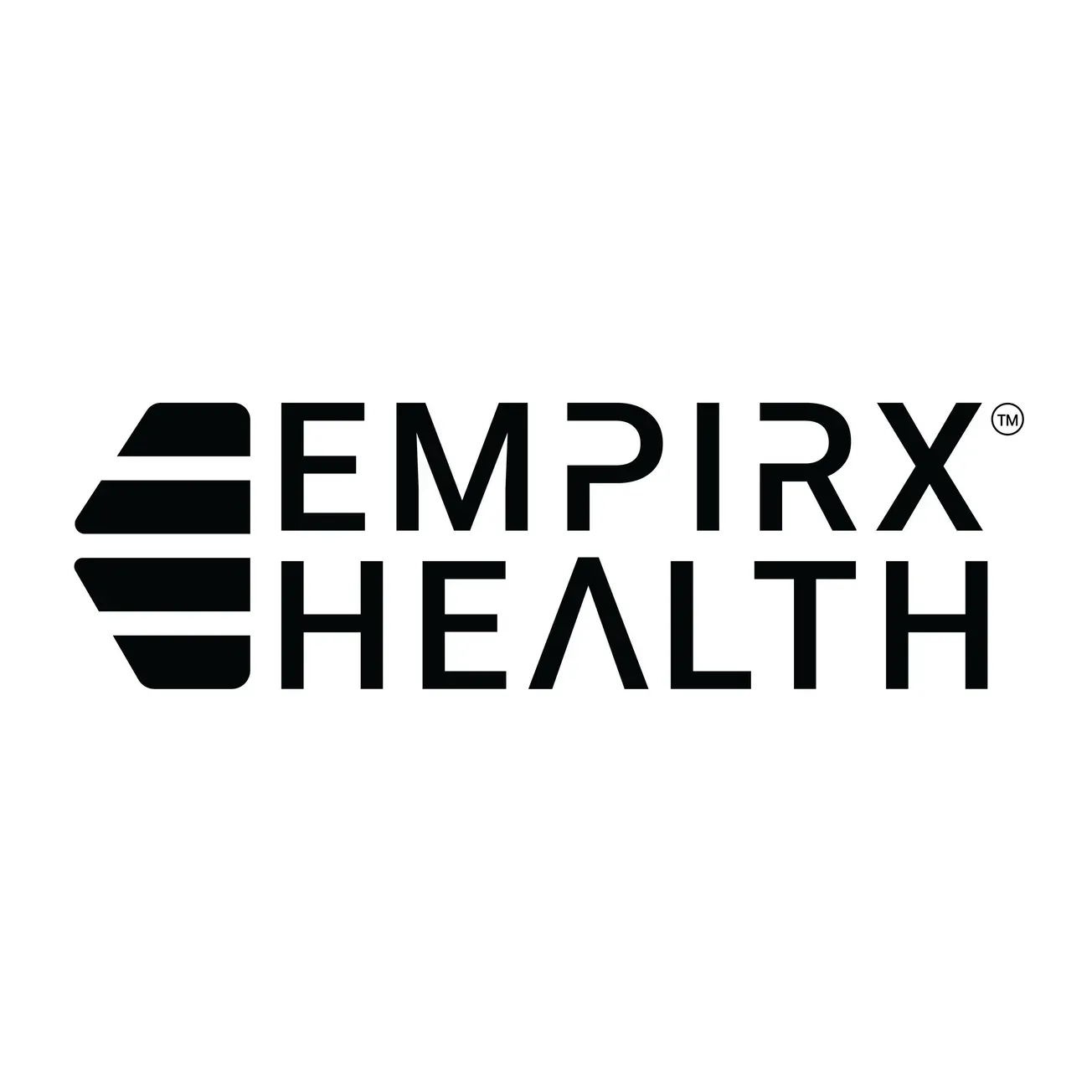NEW YORK — The pharmacist plays an essential role in the continuum of care for many patients and is central to health care. While many patients might not realize it, a visit to the pharmacy is likely their most frequent opportunity to interact with a health care professional. Pharmacists are the most accessible health care professionals, with no appointments or significant waiting time to see one. Simply put, patients have the unique opportunity to engage with pharmacists more directly and more frequently than with any other health care professional.

Tina Moen
Based on my experience, this unique relationship has the potential to improve medication compliance, and ultimately outcomes, for many diseases, including diabetes — particularly when paired with new data- driven tools and technology.
Tracking routines and treatment plans is commonplace for patients in today’s environment. In fact, by 2022 it is expected that 39.5 million people in the United States will own a wear- able device, which can record everything from sleep patterns to exercise. If patients were able to more easily share this information with doctors so that it could be capitalized on in the clinical setting, it could help inform best practices and adjustments in care.
One new tool that can play a sig- nificant role in a patient’s/pharmacist’s management of disease is the newly available Sugar.IQ app, joint- ly developed by Medtronic and IBM Watson Health. Sugar.IQ was built to help people with diabetes better track their glucose levels and the impact of daily activities.
Designed for use in patients us- ing a continuous glucose monitor, the Sugar.IQ app uses artificial in- telligence and analytic capabilities from Watson Health to continually analyze a person’s glucose levels, insulin, food intake and other data, to give them a more informed picture of how they are living with diabetes. By identifying patterns and trends, Sugar.IQ can help equip patients living with diabetes and their health
care providers with a more complete view of their current levels, as well as how their levels trend throughout their everyday life. This helps pro- vide actionable insights and individ- ualized guidance for enhanced daily diabetes management.
In fact, usage data shows that people who used Sugar.IQ spent longer periods of time in a healthy glucose range (an average increase of 36 minutes per day). This represents more than nine additional days in a year that a person with diabetes is spending in a healthy glucose range.
People with diabetes face many daily challenges — managing their condition, understanding and imple- menting medical advice, knowing what to eat and when, knowing the
impact of food and activity on blood sugar levels, and trying to avoid critical glycemic events. Having a tool like Sugar.IQ allows patients to track all of this information in an app on their phone throughout the day, as opposed to having to recall glucose levels over a period of several weeks, which can be inaccurate and difficult to remember.
With Sugar.IQ there is the ability to have access to concrete data on glucose levels and the lifestyle patterns associated with the levels. And when shared with a pharmacist, this level of detail around how glucose levels change based on factors from your daily lifestyle could help to inform additional clinical recommendations.
Pharmacists have many opportunities to foster a more meaningful engagement with patients, particularly with patients living with diabetes. Among those opportunities is ask- ing questions about tracking details and accuracy, such as “How are you tracking your nutrition?” or “How do you track your glucose levels over extended periods of time?” With new patient-centric technologies, these conversations can form a foundation of data-driven insights that can better inform pharmacist recommendations. They can also strengthen the patient/pharmacist relationship and reinforce a pharmacist’s central role in the continuum of care.
Tina Moen is deputy chief health officer of IBM Watson Health.









